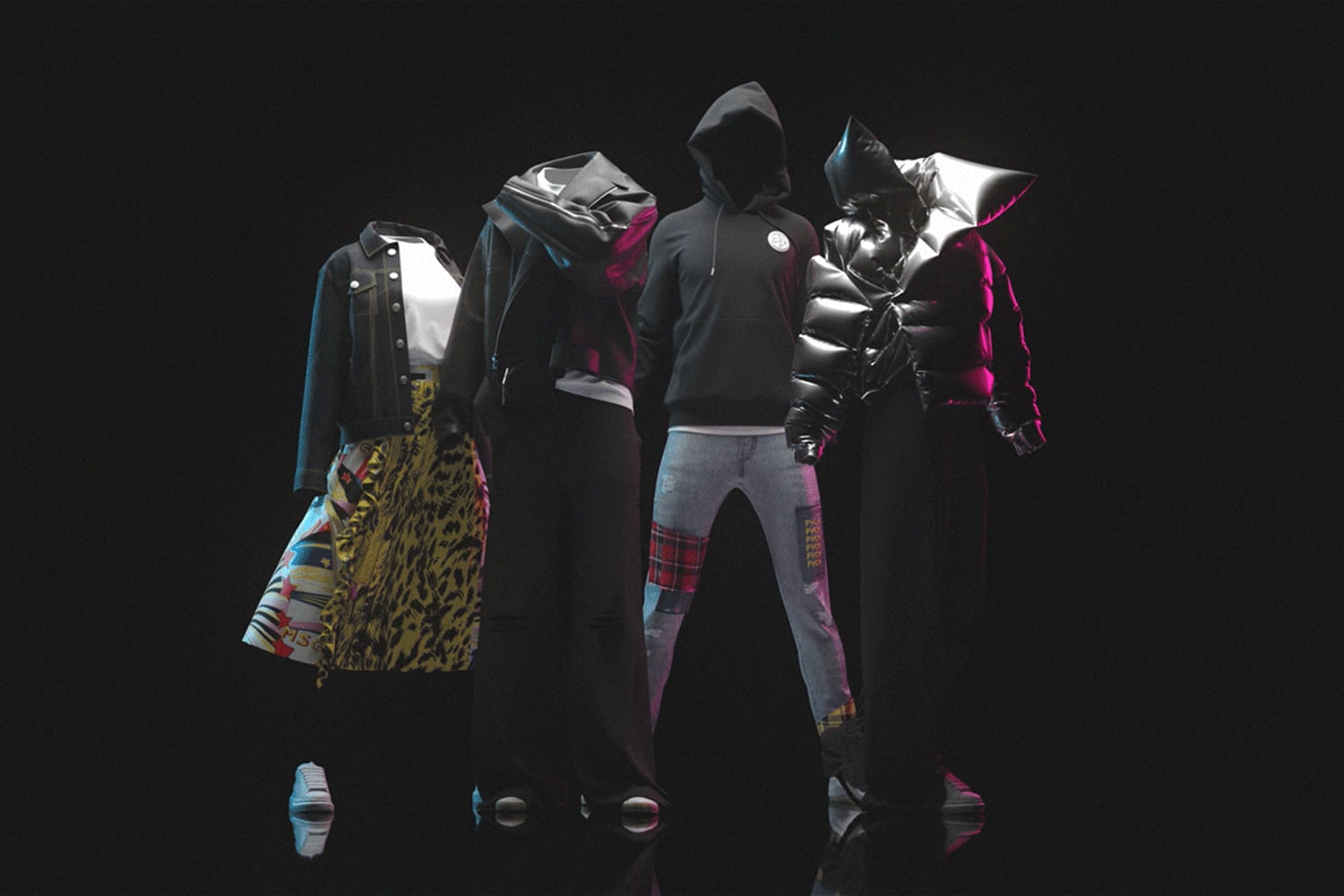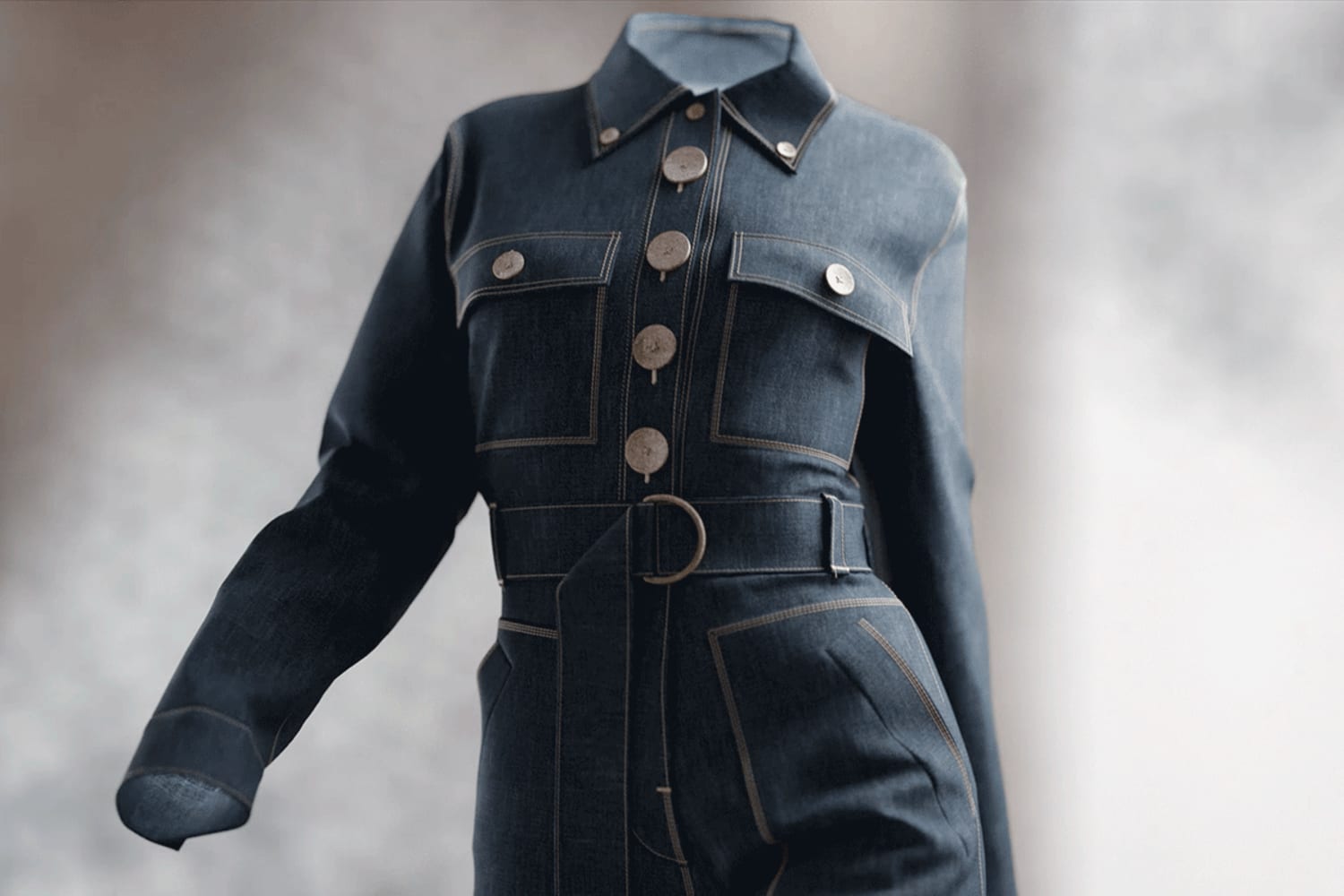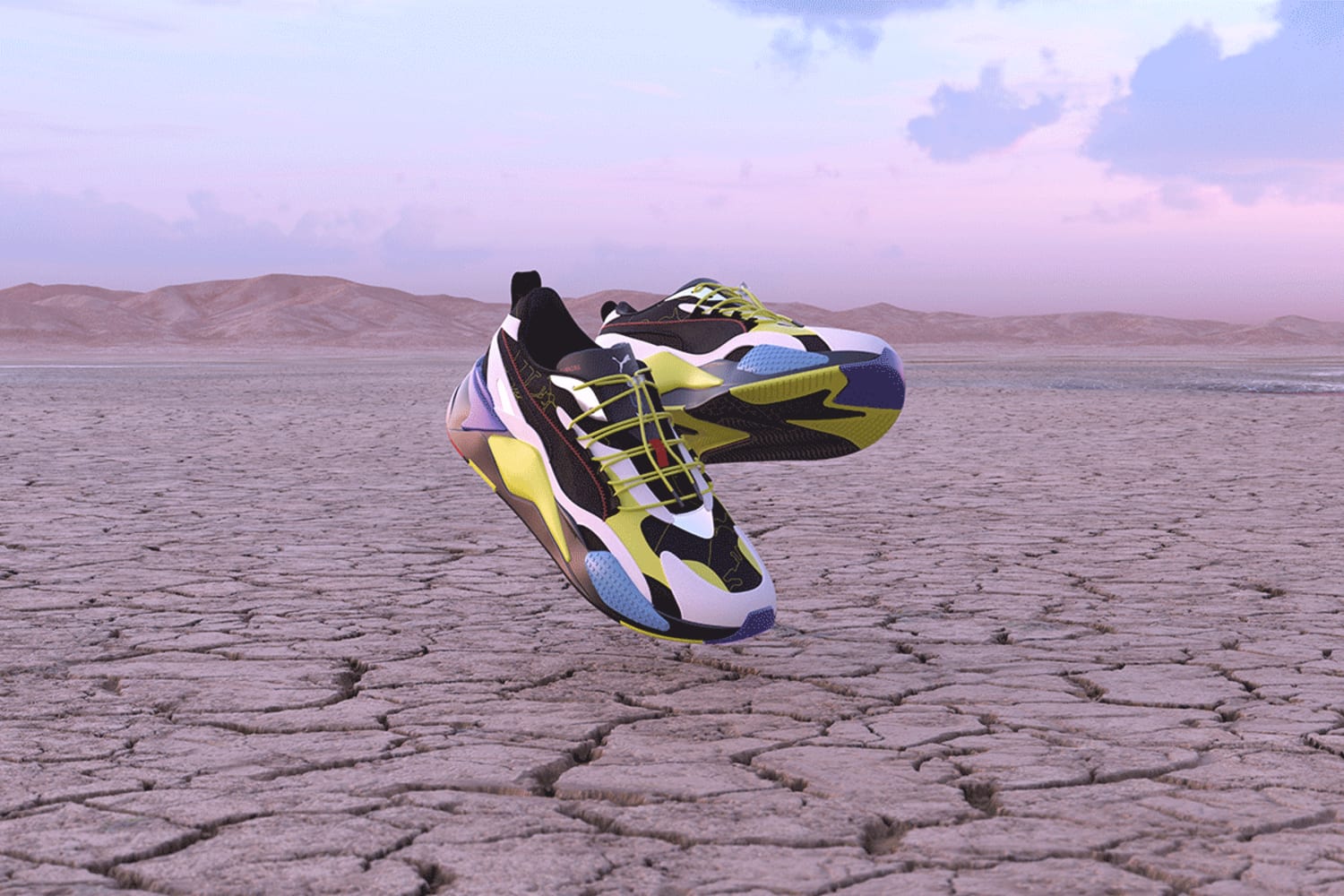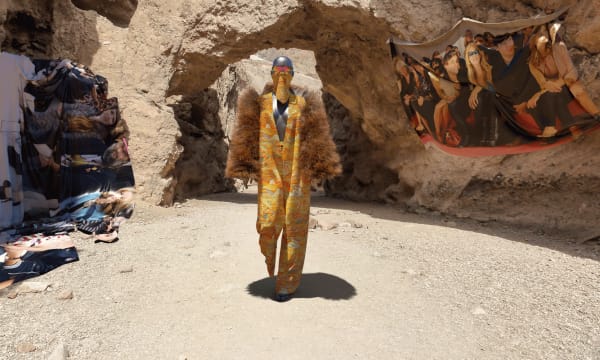I don't know if 'replace' is the right word. They're adding value. They can be a counterpart to physical possessions, but they can also have a life of their own, completely disassociated from physical reality.
What I think will happen, especially for the fashion industry, is that by introducing these digital business models, we're going to reduce the amount of physical items. People are going to start seeing value in digital items and realize that they'd rather interact with a digital item, or have an infinite wardrobe of digital fashion items but a very limited wardrobe of physical items.
But first, what needs to happen is those digital experiences need to become something that's better than the physical experience. Think about buying music—I used to love to go to the CD store and flip through all the CDs. But right now, everything is on Spotify for me. It's like I have the whole world. But I have all these CDs that are still somewhere in my wardrobe. I can't get rid of them because nobody wants to come pick them up, even for free.
That's what's going to happen with fashion as well.
Take sneaker heads. Their closets are full of sneakers, and they never get to show them to anybody unless somebody comes over. Now, wouldn’t it be much better if, let's say, those physical sneakers are being held somewhere in a warehouse. You know you own the physical counterpart, but everything that you own is just on your mobile phone. And, you know, if you want to show it to your friends on your phone. And if you really need to have the physical item, you can get it.






